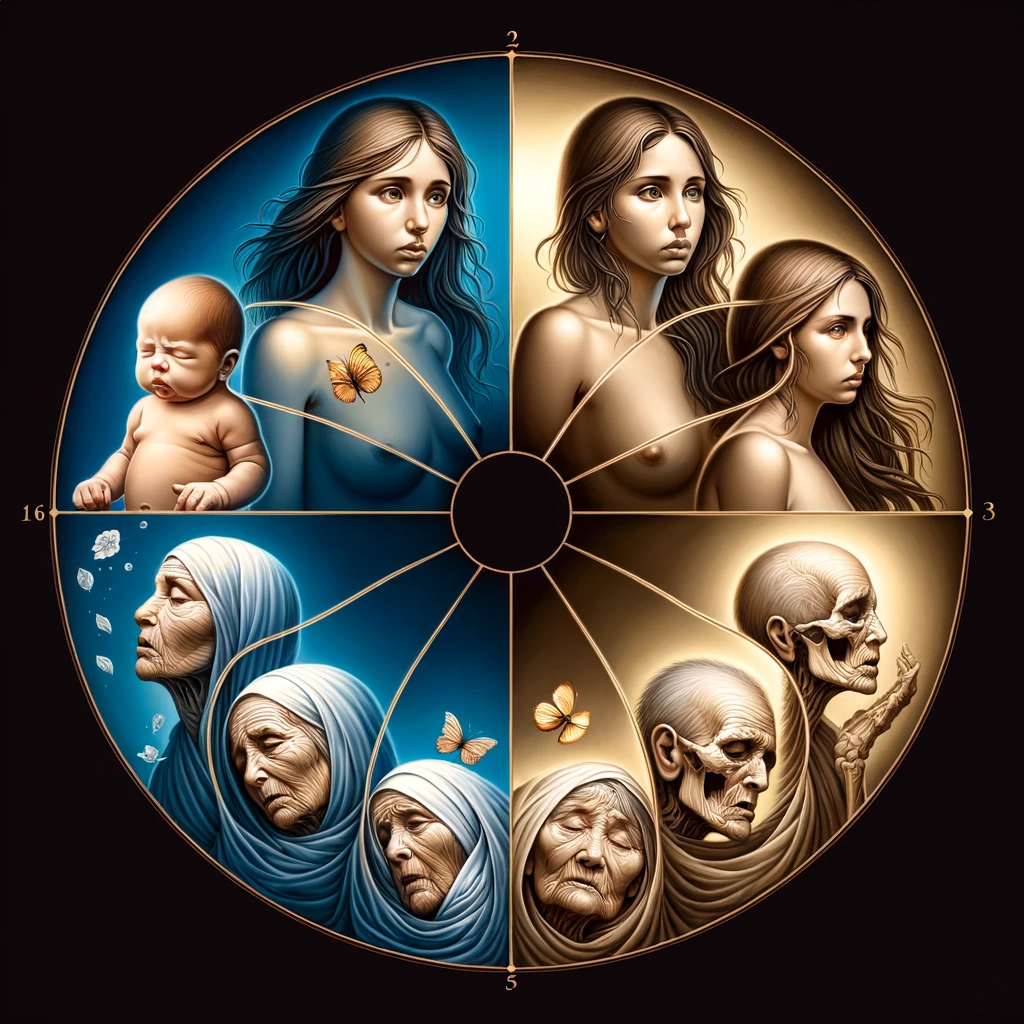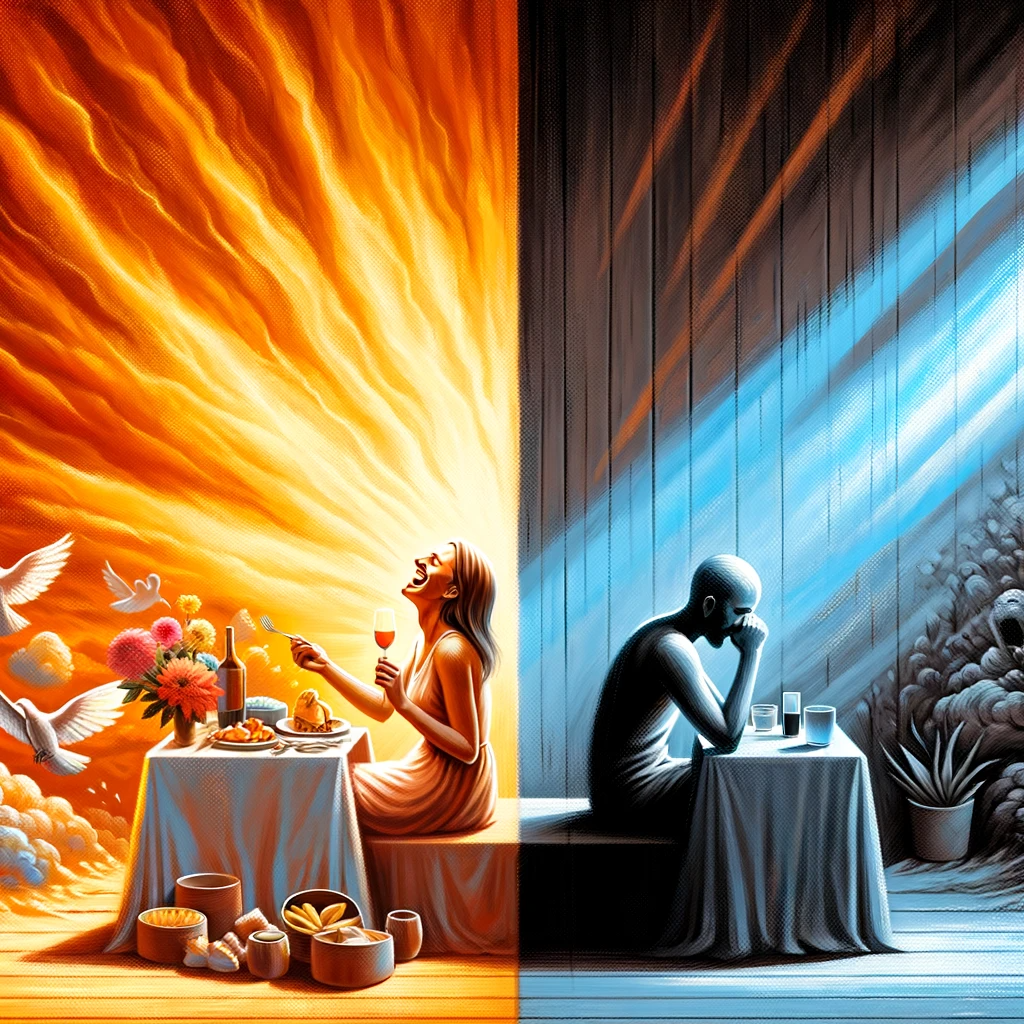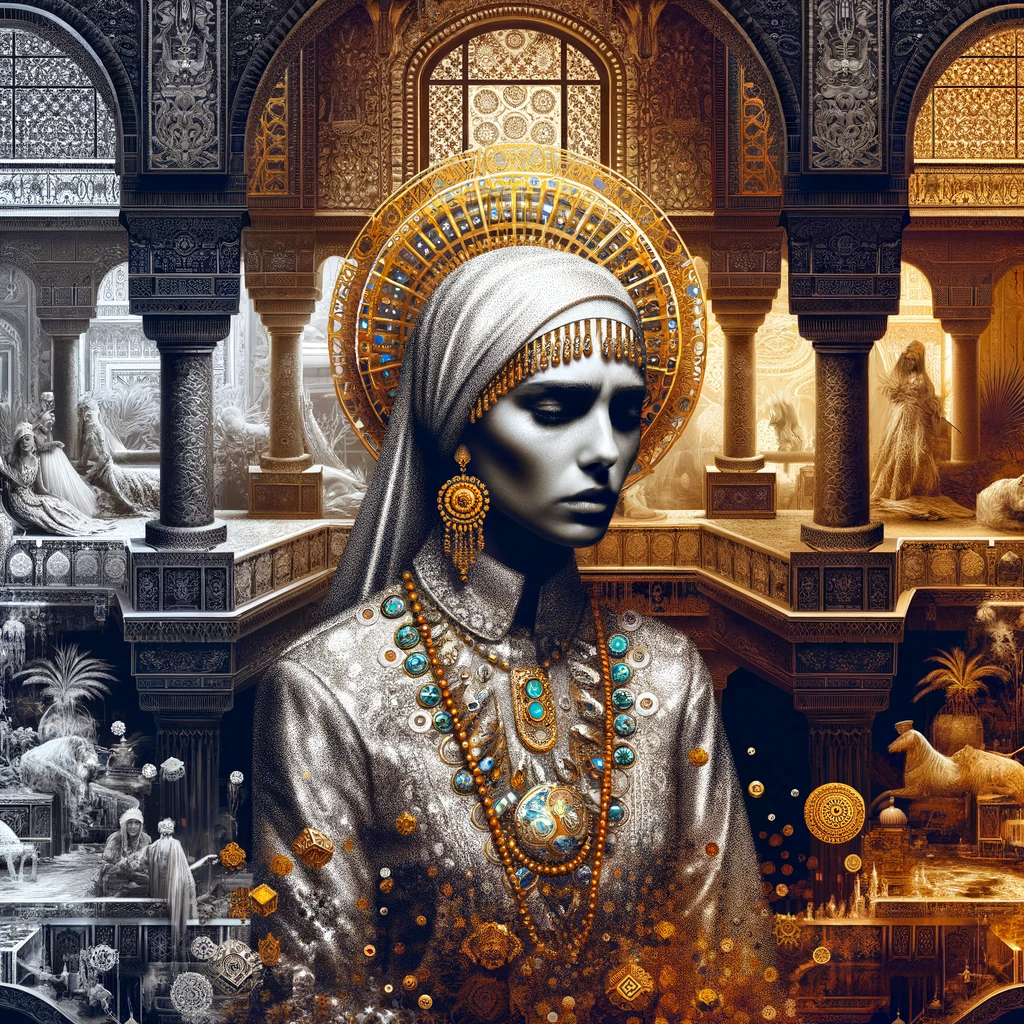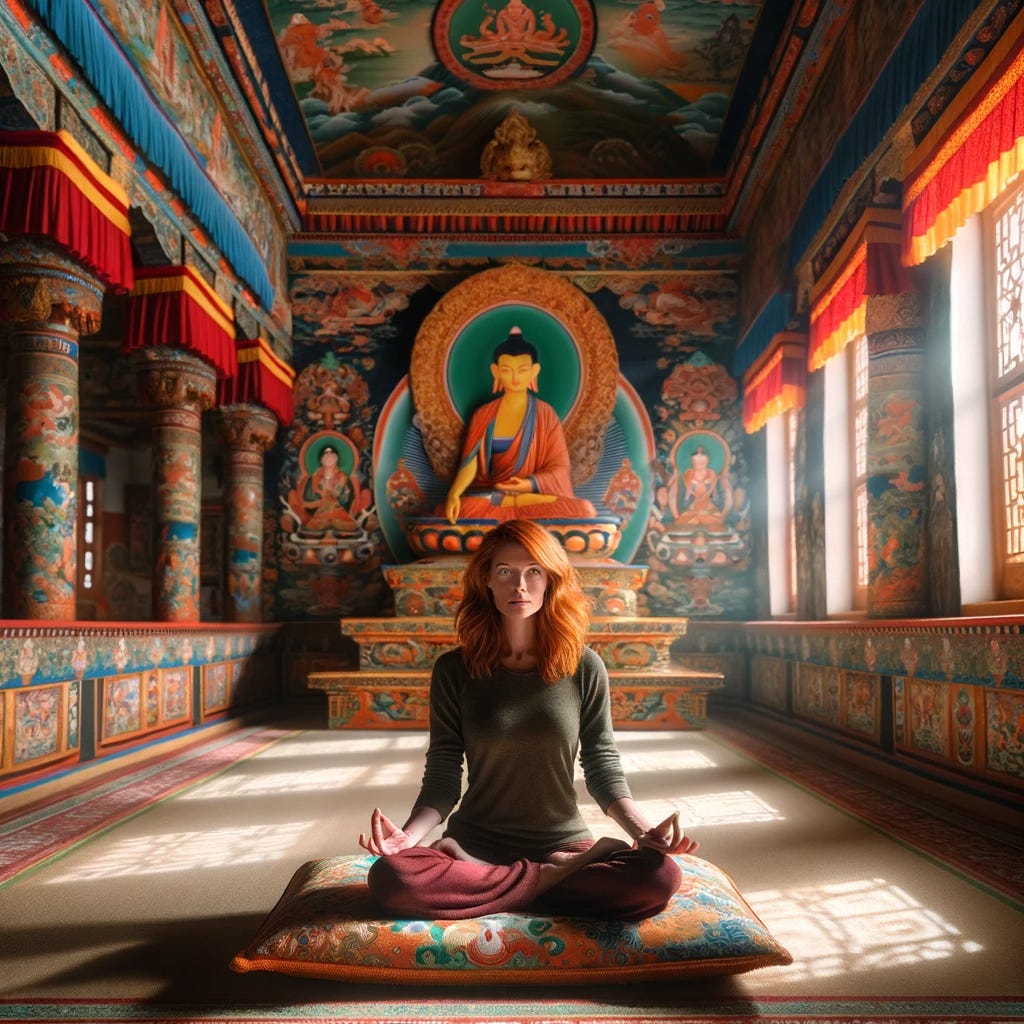Samsara refers to the cycle of birth, death, and rebirth, characterized by suffering, impermanence, and the perpetual cycle of existence.

In nature, nearly every process we observe exists in a cycle. It begins, grows, peaks, fades, and ends, most often repeating over and over again.
Celestial bodies, like stars, have a life cycle. When they die, they release their materials back into space and spawn another generation of stars.
The earth itself has changing seasons, and earthy bodies, like plants and animals, have a life cycle.
Buddhists observe the human beings cycle through birth, aging, sickness, and death.
Buddhists and Hindus believe that people are reborn, cycling through life after life endlessly.
Buddhists use the term Samsara to refer to the cycle of birth, death, and rebirth, characterized by suffering, impermanence, and the perpetual cycle of existence.
Dukkha is the nature of Samsara
Dukkha is a fundamental concept in Buddhist philosophy, and it refers to the inherently unsatisfactory nature of Samsara.
“Dukkha” is a Pali term commonly translated as “suffering” or “unsatisfactoriness” in Buddhism. However, its meaning goes beyond just physical or emotional pain.
Ordinary suffering encompasses the typical forms of suffering that people experience in life, such as physical pain, illness, aging, death, and the various challenges and difficulties that arise in everyday life. It’s the most apparent and tangible form of suffering.
Pleasure or happiness is considered a form of Dukkha because these positive experiences are impermanent and subject to change, leading to dissatisfaction and longing for more.

Existential Dukkha includes existential angst, a sense of unfulfillment, and a feeling of disconnectedness that accompanies the human condition.
In Buddhist teachings, the “five aggregates” (form, feeling, perception, mental formations, and consciousness) together make up the human personality and experience. Dukkha arises when we instinctively identify and cling to these aggregates as if they were a stable and unchanging self—a soul.
Dukkha is present in every experience in Samsara.
Dukkha and evolutionary biology
Our minds are hard-coded for survival. The mind is a problem-solving machine that assists with obtaining the resources we need for survival.
The mind utilizes sense data to scan the environment for dangers to be avoided and resources to be gathered for storage and consumption.
If left untrained, that’s all the mind will do.
Scanning the environment for danger leads to anxiety. In an environment fraught with danger, anxiety provides safety from death. However, in modern society, where danger is minimal, this anxiety produces no tangible benefit.
Searching for precious resources results in feelings of lack and dissatisfaction. In environments with scarce resources, hunger, lack, and dissatisfaction may make the difference between life and death. But in modern society, where we have an overabundance of survival resources, feelings of lack merely bring us down.

Our minds are wired for survival, not happiness, in a civilized world.
Without mental discipline and spiritual training, happiness is fleeting. Lasting happiness is never found in worldly pursuits.

Buddhists tend to appreciate the movie The Matrix. In the Buddhist worldview, human existence plays out in Samsara, which is basically a simulator you can’t escape. People who reject the Buddhist path remain blissfully unaware of the nature of reality and how they inflict pain on themselves and others.
The central teaching of Buddhism is that recognizing the pervasive nature of dukkha is the first step toward liberation and enlightenment.
Once people recognize they will not find happiness and fulfillment in worldly pursuits, they open themselves to other possibilities.
Buddhism promises a path to alleviate this suffering. The ideas were first put forward 2,500 years ago, and people have been following this path ever since.
While it’s wise to remain skeptical of any fantastic claims, given the long track record of success, Buddhist practice has stood the test of time.

